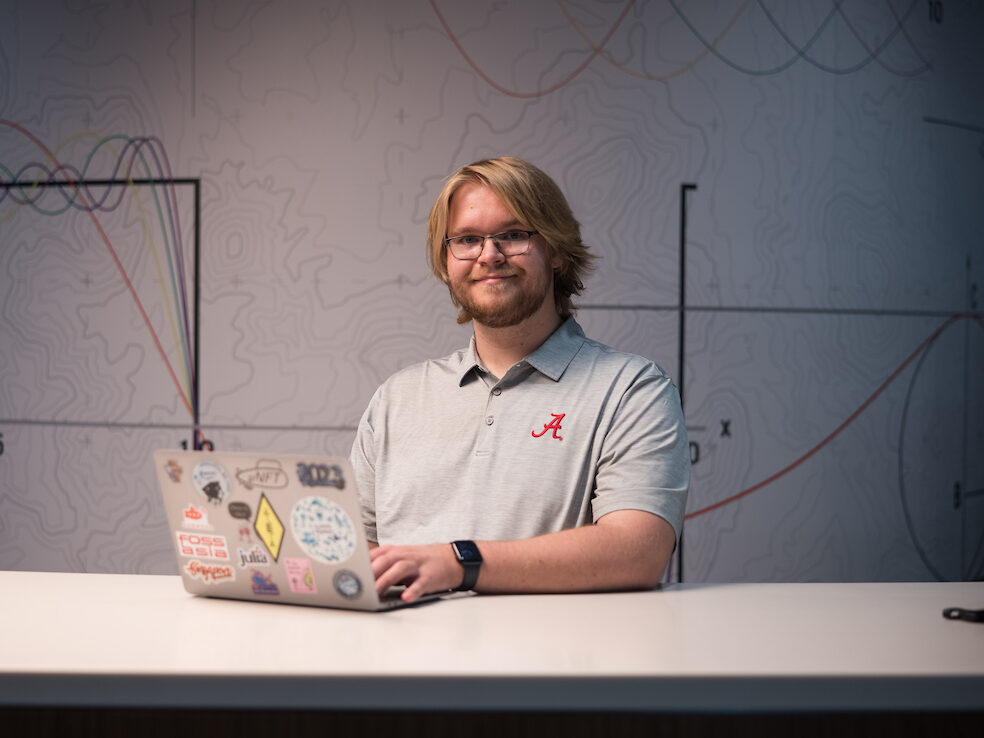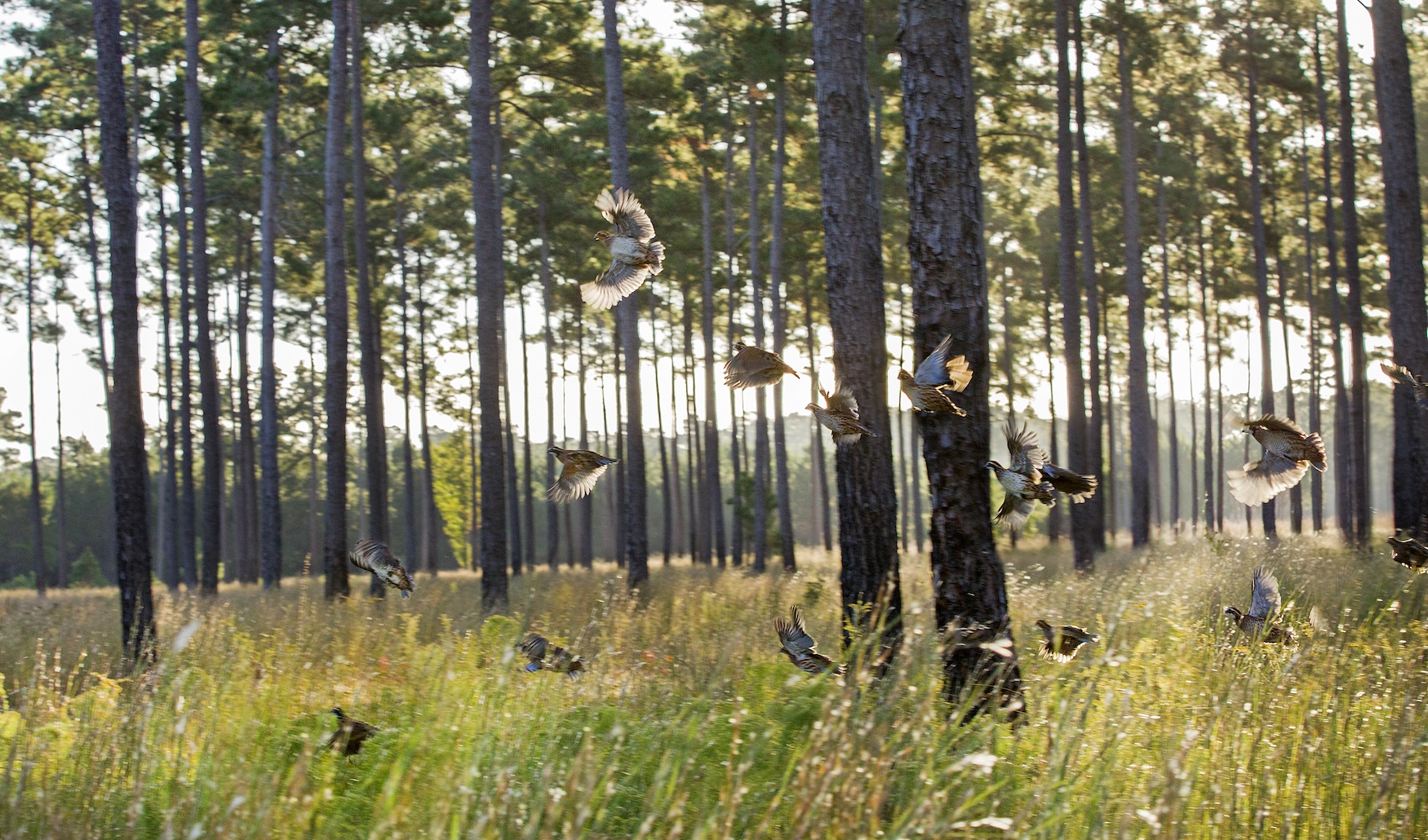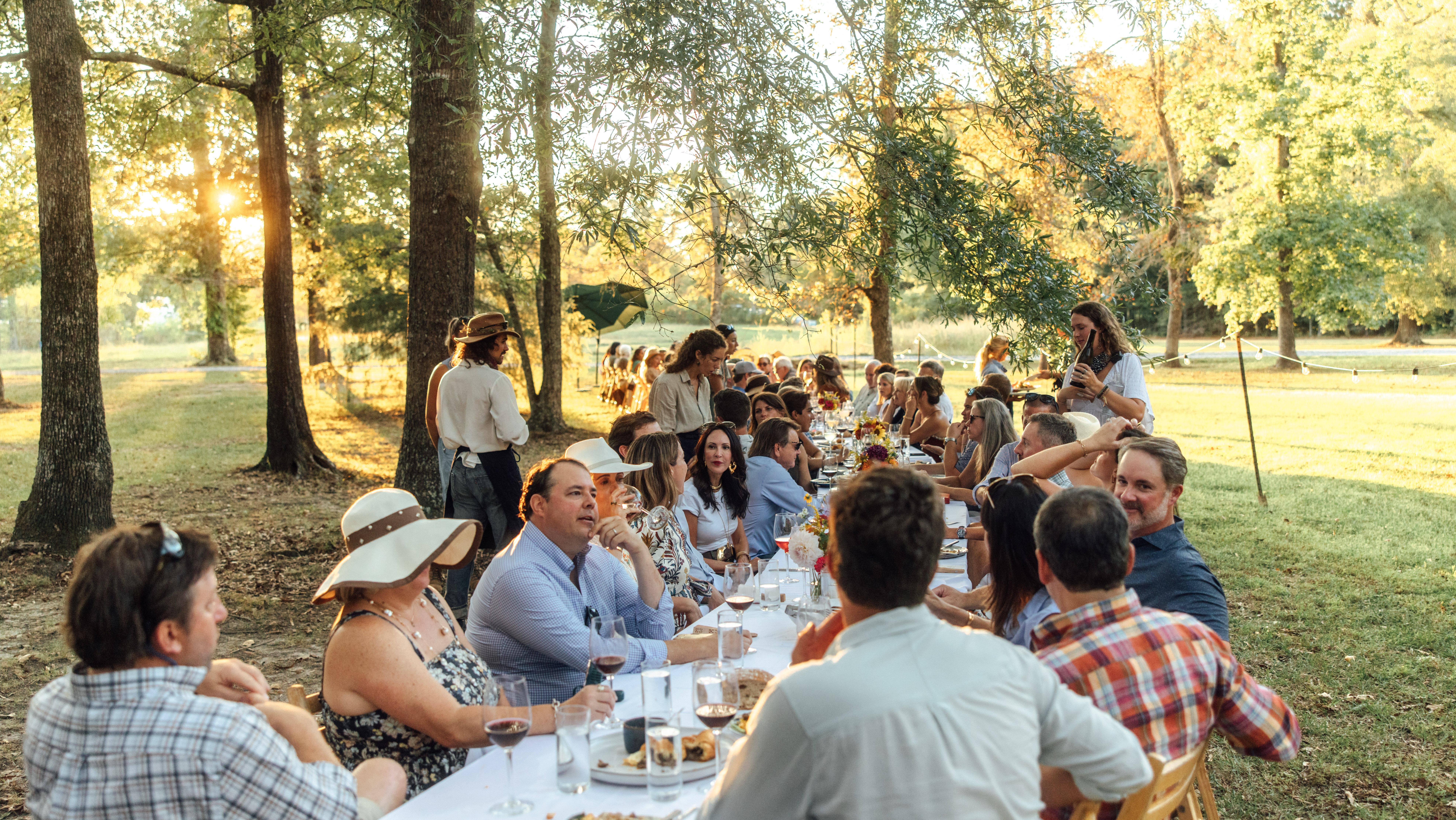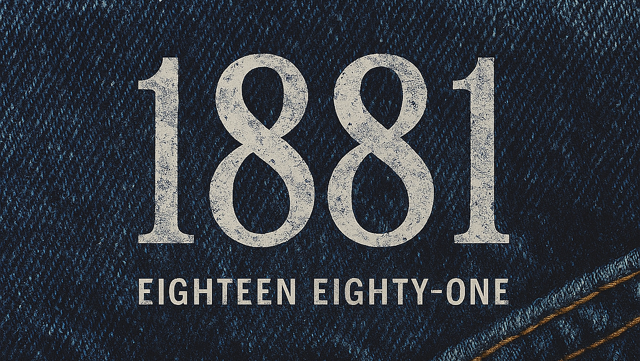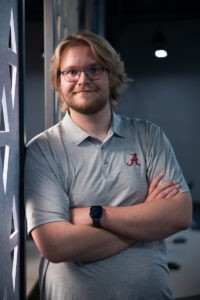
(The University of Alabama/Contributed)
Brodie Alexander, a first-generation student at The University of Alabama, was drawn to the school’s college of engineering because of a unique offering—the combination of computer engineering and underwater robotics research.
“Like many, I was initially drawn to the engineering field by the machines and devices we use every day,” says Alexander. “As a young child, I was obsessed with trying to understand how things like ships and trains worked, and how I might one day be able to build my own.”
His desire to understand how things work led him on a search of finding and interacting with like-minded people. “As a teenager, I began to meet people that knew how to write computer code or build circuits to create something totally new—and the idea that I could learn to do that myself captivated me.”
He also began to realize how valuable the world of engineering can be in our everyday lives, in ways we may not immediately know or realize. “Nearly everything we do these days—from rockets, cars, and even things like microwaves—involves some kind of computer,” he says.
“Previously, we had to design unique mechanical devices or circuits to do specific math operations for each of these devices. Now, with computers, you can use the same basic circuit design for many different things just by changing the code that runs on it.”
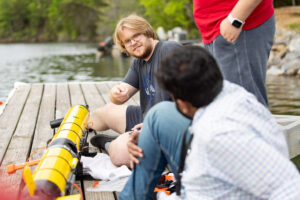
(The University of Alabama/Contributed)
Along with guidance from many of his professors, including professor and researcher Dr. Aijun Song, Alexander’s passion for underwater robotics and acoustics began to take shape. “Every robot needs some kind of computer to guide it, as well as some kind of power supply to run the motors, steer the rudder and read data from the sensors. That’s the niche I ended up finding.”
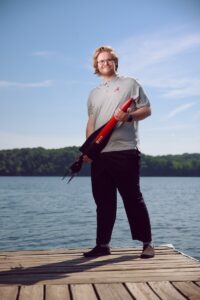
(The University of Alabama/Contributed)
This niche led him to work with Dr. Song to create a low-cost acoustic pinger, a device that sends out a repeated signal to locate a missing vehicle. Alexander says he feels empowered through their collaborative efforts, and is prepared to meet challenges, especially as a first-generation college student.
“It’s certainly a challenging experience,” he reflects. “Most of the frustrations that I’ve experienced with being a first-gen student have been because of things I didn’t know to do in high school when I was preparing for college.”
His time at The University of Alabama has truly revealed an entire new world of opportunity, along with unrivaled mentorships and unlikely friendships.
“When I first arrived at UA, I was worried that I wouldn’t really break out of my shell and would just stick to my friends I already had from growing up in Tuscaloosa,” he says. “Instead, I’ve made friends with people from all across the country and even the world. The school has exposed me to all of the different paths I could potentially choose from and the freedom to explore those paths.”
